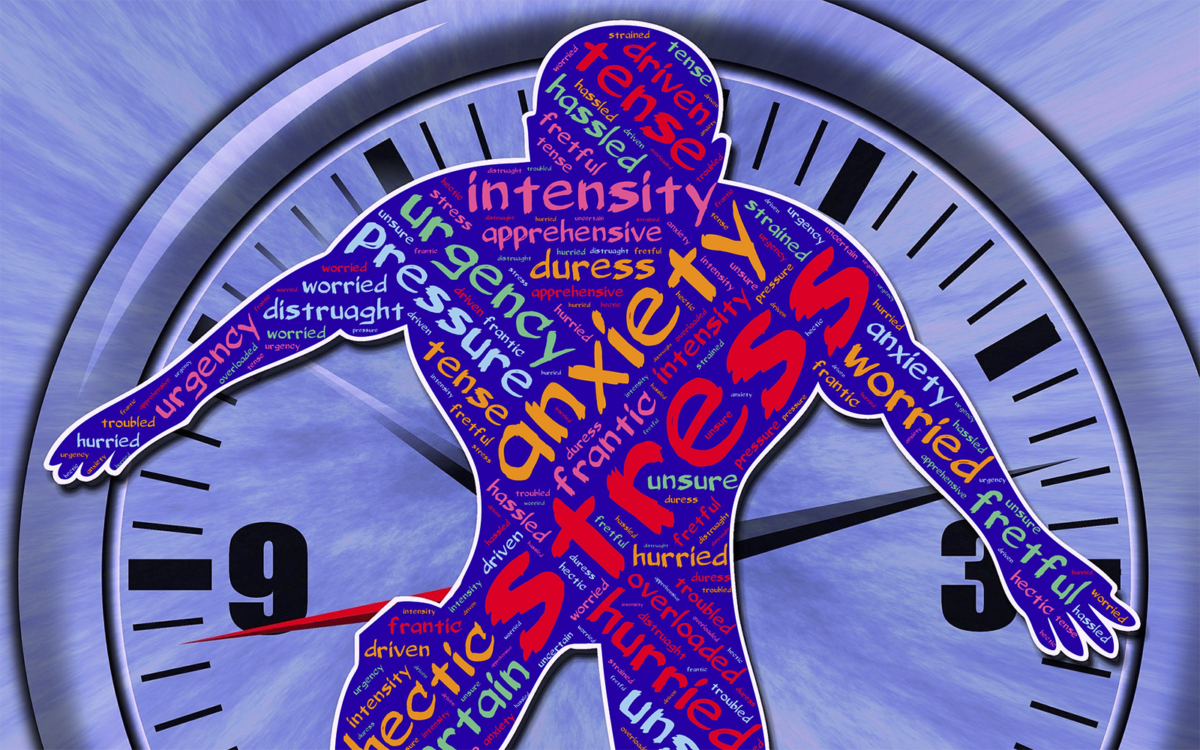When you hear the phrase “crisis management”, what comes to mind? What feelings does it engender? What are your biggest concerns? For most of us, this phrase has a very negative connotation. A crisis is often unexpected, severe, and something for which we feel ill-prepared. Whether it is a personal or professional crisis, the impact often bleeds into every aspect of our life and those around us. Professionally, it can mean loss of clients, layoffs, or even bankruptcy. Personally, it can damage your physical and mental health and negatively impact your relationship with your family, friends, and loved ones. Under the best scenario, it can cause disruption, stress, and uncertainty.
But what if I told you that this didn’t need to be the case? What if there was a way to approach your personal life and run a business on a daily basis that maximized essential behavioral and functional tools in good times, while simultaneously putting you in the best possible position to tackle any challenges that arise before ever reaching a state of crisis?
Understanding Crisis
Inherently, a crisis is anything that significantly disrupts the ability for you or your company to operate in a normal and effective manner.
There are two very important ways to think about this definition. The first is the assumption that personal and professional challenges will inherently cause significant disruption. The second consideration is the notion that a crisis will prevent you or your business from operating “in a normal and effective manner.” This assumes not only that you and your business currently operate in a normal and effective manner in the absence of crises, but also that a crisis must, inevitably, cause disruption. I wholeheartedly challenge this premise. If you are properly empowered with the right tools, no challenge should ever reach the stage of crisis.
Your Crisis Response Protocol
What happens to you when something goes wrong? Do you tense up? Do you let it affect your mood and behavior? Do you spend time focusing on the problem rather than a solution? For many of us, an unexpected deviation from our routine causes stress and anxiety to the point of functional paralysis. When this happens to us on a larger scale, the impact becomes exponential.
Think of a line of ants all traveling in the same direction. What happens when you put something in the way? Do the ants stop? Do they pile up at the impediment like a car wreck? No. They go left. They go right. They go over and under. They stay focused on the direction they are headed and find a workaround. Surely we are at least as capable as ants, right?
So why is it that a crisis throws us off so much? It is because we worry about the consequences and we lack fundamental confidence in our framework to be able to simply absorb the problem and move forward without worrying about potential negative fallout. It is also because we have been behaviorally trained to view a crisis as a problem, rather than an opportunity. While negative impacts from a crisis may be unavoidable, they are manageable in a far more efficient manner that can often create opportunity if one is positioned to look for it.
The second critical question is whether or not your current routine fills you with passion and purpose and drive, personally and professionally. Our routines are often a reflexive response to external demands rather than a consciously chosen process of our own making. Here’s what I mean: why do you set your alarm for the time you do? Likely, you chose a time dictated by the need to get up with enough time to attend to your morning demands and leave at the right time to get the kids to school, head off to work, or get to your other time-specific demands. But, when you chose that time, did you factor in things that matter internally, and not just externally? How do you want to feel in the morning? Unrushed? Stress-free? Refreshed? Do you want time to exercise or meditate? Do you want to have quality breakfast time with loved ones? The point is, did you factor you into your morning routine when you are factoring in all of your other obligations and responsibilities?
When our personal protocol is not of our own making, it drains us rather than fueling us. We are therefore not positively emotionally invested in it. We are not inspired and driven. Thus, when something occurs that throws us off, it is easy to accept the consequences rather than pursue an opportunity. The message here is simple: be authentic and true to yourself in everything that you do. If you are pursuing things that bring you pleasure, you will be driven to see them succeed, regardless of what life throws at you.
Putting Crises in Perspective
Crisis management is about perspective. And our emotional preparedness has as much to do with our perspective as our functional readiness. So what’s the solution? Redefine crisis management. To do this you must:
- Establish and reinforce a personalized framework that empowers you holistically.
- Create and embrace a personal and professional protocol that is of your own design, structured to maximize your framework, personally and professionally.
- Apply your framework to challenges that occur, focusing on advancement and opportunity, rather than fears and consequences.
Now the question just becomes how.
The BUILD Framework® Model
In my bestselling book, “The BUILD Framework®: A Heart-Based system for Personal and Professional Growth”, readers are introduced to five key components that create a fundamental foundation for tackling any challenges. Implemented into your daily life and applied properly, these tools can and be adopted universally throughout your business and personal life to increase productivity in your life, your business, and your team; implement structure for greater peace, clarity, and balance; provide you with conviction and clarity to pursue your passions; and create a lasting transformation. The BUILD Framework® offers the critical components to instinctively change your mindset from being reactionary and fearful to being prepared and confident.
Ultimately, the goal is for you to adopt the five fundamental principles of BUILD into your personal and professional life as a foundational method of functioning optimally in good times and bad, and for reaching new levels of confidence and conviction.
B – Build Relationships
U – Understand the Business
I – Implement Strategies
L – Lead and Inspire
D – Deliver Excellence
Building YOUR Relationships, Understanding YOUR Business, Implementing YOUR Strategies is the only way to truly Lead and Inspire and, ultimately, Deliver Excellence.
Healthy, effective, efficient protocol should be as much behavior based as it is activity based. This is true whether you are trying to realign your personal life, lead and inspire an executive team, or create a company-wide culture. Ultimately, it starts with you. But that is truly only the start. The goal for you should be to adopt these principles and inspire those around you to do the same. This is how personal and professional transformational growth can become exponential. With the right framework in place – and the understanding of how to implement it in a practical and ongoing manner – you will not only be able to redefine “Crisis Management”, more importantly, you will be able to redefine your life.
John Peitzman (JP) is a Certified High Performance Coach™, professional speaker, Best-Selling author, and creator of The BUILD Framework®: A Heart-Based System for Personal and Professional Growth. He has served over 20 years in the corporate environment as an executive – which has included running global operations for multi-nationals, leading thousands, working with the FBI and Secret Service, and managing budgets in excess of $100 million. He is a distinguished meditation teacher and 5th Degree Black Belt martial arts Head Instructor. JP leverages his broad background and experience to clearly articulate to his clients around the world how to successfully integrate ancient techniques such as meditation and proven business methodologies, along with high-performance concepts, habits, and practices into their lives to obtain their next level of excellence and success. For more information, visit www.johnpeitzman.com.








